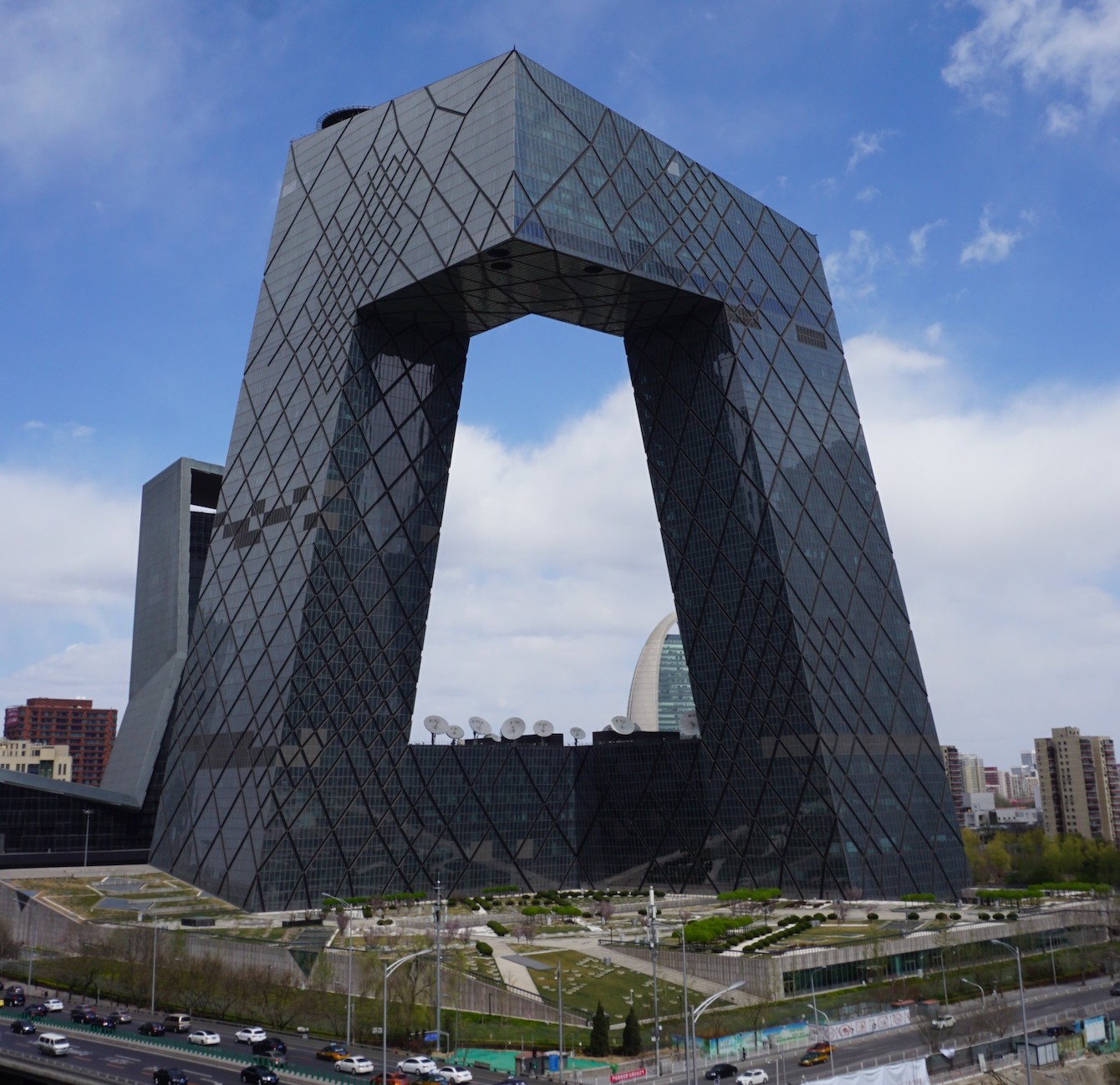by Brian Hioe
語言:
English
Photo Credit: Raysonho @ Open Grid Scheduler/Grid Engine/WikiCommons/CC0
THREE ARRESTS OF Taiwanese accused of helping Chinese companies enter Taiwan have taken place in the past week.
One man, surnamed Lou, was accused of being a sales manager for Chinese company Hikvision. Lou set up an office for Hikvision without necessary approval from the Ministry of Economic Affairs’ Investment Review Committee and sought to hire sales staff.
Hikvision is under sanction by the US and European Union for assisting in the surveillance state deployed against Uyghurs in Xinjiang. Scrutiny on Hikvision both domestically and internationally led government agencies to ban the use of Hikvision and Dahua equipment in 2022.
The other two men, surnamed Chang and Doong, were accused of setting up companies in Taiwan on behalf of Chinese companies. The Taiwanese companies were CXMOS and Tenafe Taiwan Technology Limited, with Tenafe accused of being a subsidiary of solid state drive company Tenafe Beijing. On the other hand, CXMOS was accused of being set up at the behest of Yangtze Memory Technologies Company.
The arrests take place at a sensitive time, seeing as this occurs with less than two weeks until the Taiwanese presidential elections. This takes place in a similar timeframe to arrests about election interference ranging from military personnel accused of planning to defect to China to individuals accused of running Chinese influence operations in Taiwan. The government may be aiming to signal scrutiny on Chinese efforts to impact the outcome of the elections.
Nevertheless, the arrests also go to show the issue of how Chinese companies attempt to skirt regulations by creating shell companies, or posing as companies from another country. There have been a number of cases to date in which industrial espionage, particularly regarding attempts to lure over Taiwanese engineers, took place through shell companies operating in Taiwan.
 CCTV headquarters in Beijing. Photo credit:
CCTV headquarters in Beijing. Photo credit:
Or some companies may simply operate illegally in Taiwan. This can even include state-run media outlets, with CCTV and Cross-Strait Television reported as secretly operating studios in Taiwan.
In particular, in recent years, there has been caution about companies posing as from Singapore or Hong Kong. The social media app Bondee, for example, while appearing to be Singaporean, was thought to be Chinese because of its resemblance to the Chinese app Jelly. Jelly was banned from the Chinese market because of allegations that it leaked its user information to fraudsters.
Likewise, when Singaporean entrepreneur Joseph Phua sought to purchase the Apple Daily Taiwan, along with Hong Kong businessman Kenny Wee, the deal faced allegations that the two were acting on behalf of China in spite of framing themselves as business interests from Hong Kong and Singapore. The two later split and 96% of the Apple Daily Taiwan’s staff moved to a new company called Next Apple.
Indeed, this even occurs with the technology itself. After the Hikvision and Dahua ban, equipment from these companies was still found to be used in Taiwan posing as Taiwanese equipment.
Particularly when it comes to media, the Tsai administration has sought to prevent Taiwanese companies from acting as intermediaries of Chinese companies. This can be seen in moves in 2020 to ban Taiwanese companies from acting as agents of Chinese streaming providers as iQiyi and WeTV. There was no outright block on the services of such streaming providers, and this ban took place on the grounds of concerns about the inability of media regulators to regulate Chinese streaming providers because of free speech concerns. However, this has not prevented allegations from the pan-Blue camp that the Tsai administration was restricting freedoms of speech through the National Communications Commission with such actions.
The issue of Chinese corporate intermediaries proves a larger issue in Taiwan, then. This takes place across a number of dimensions.

